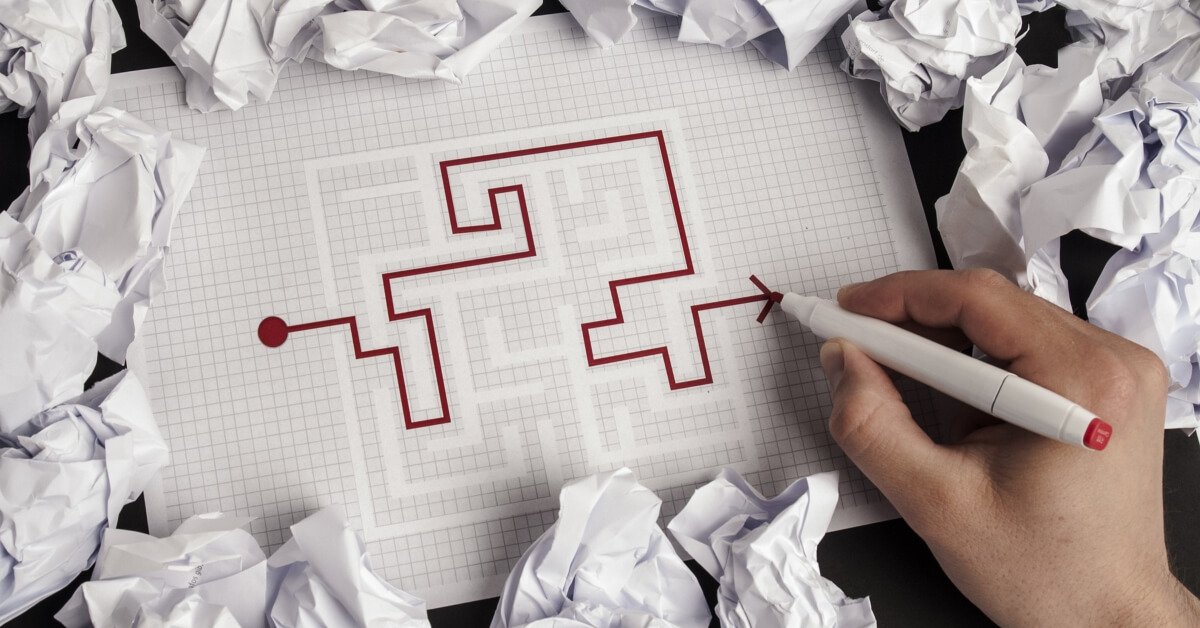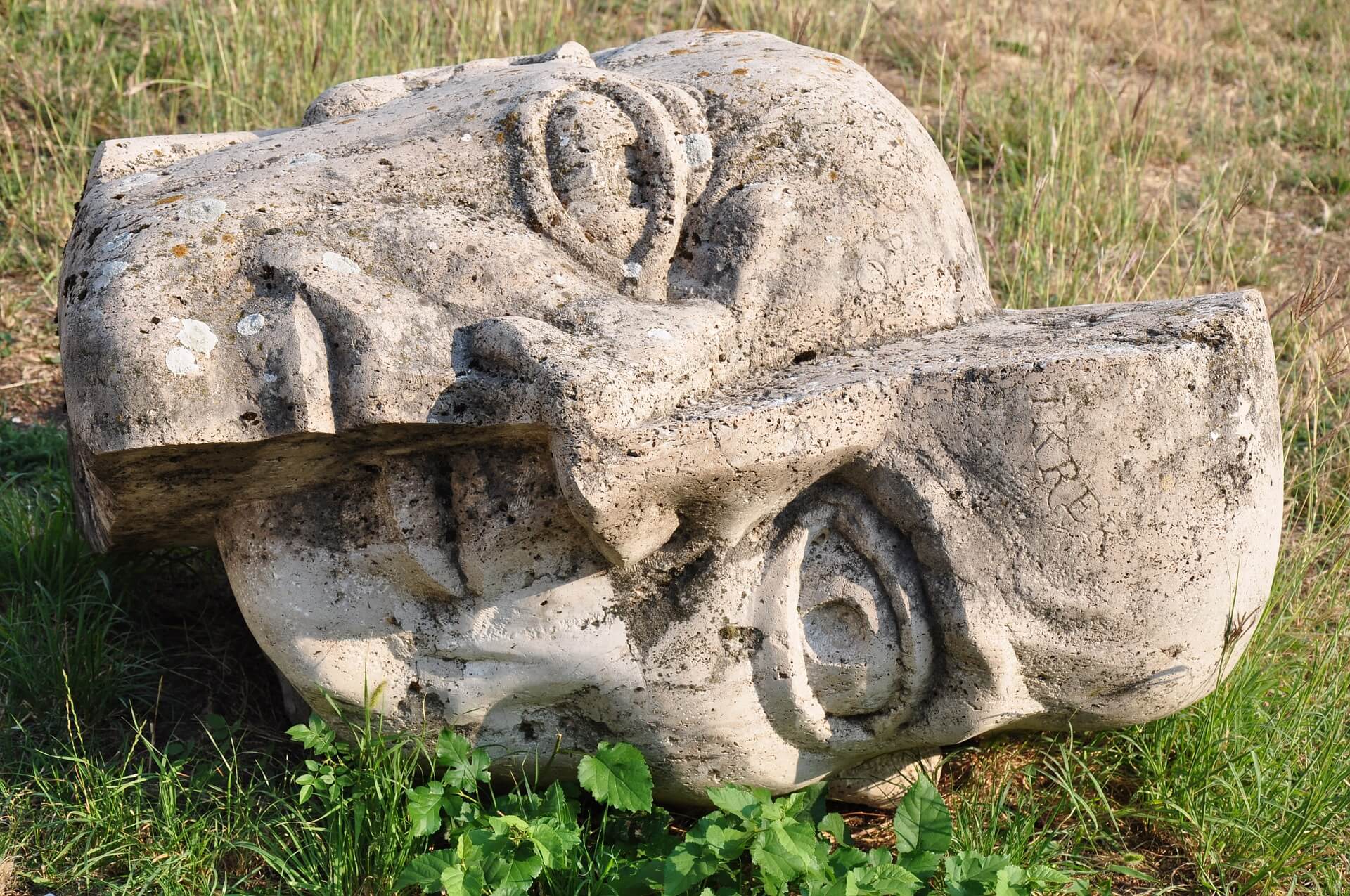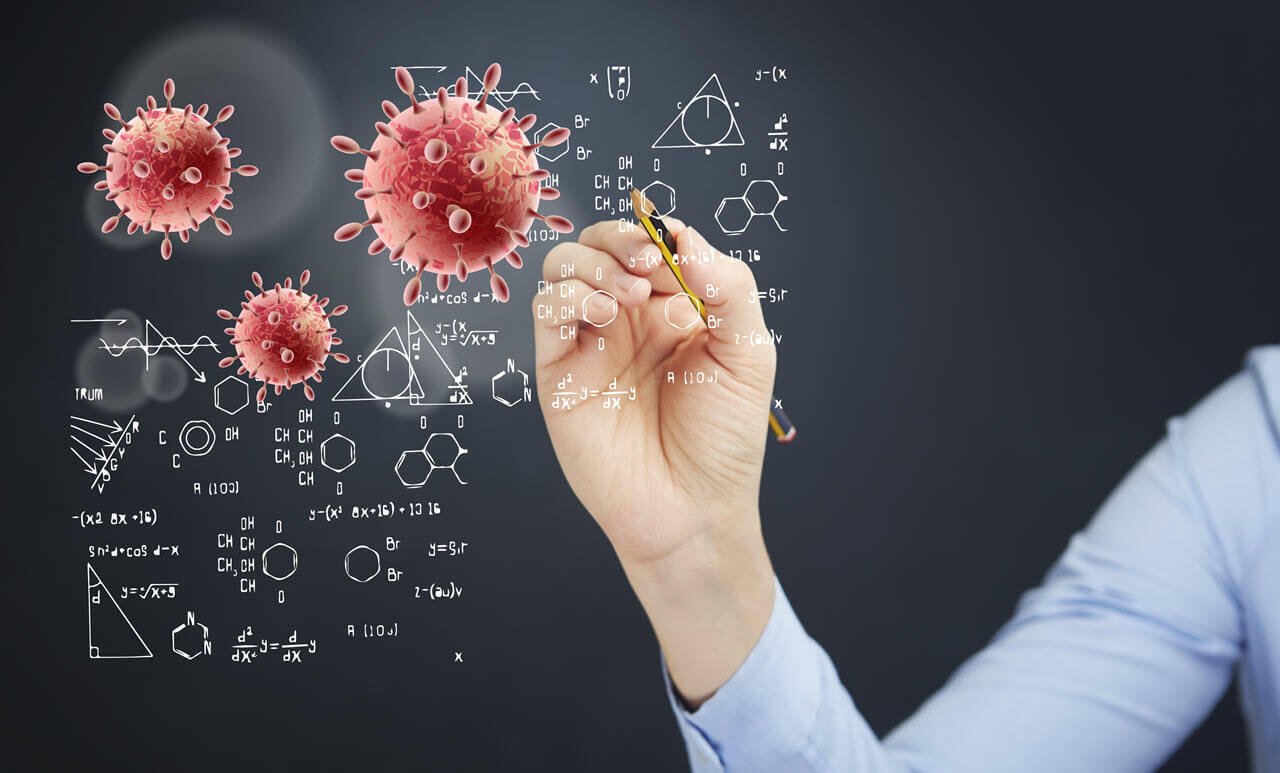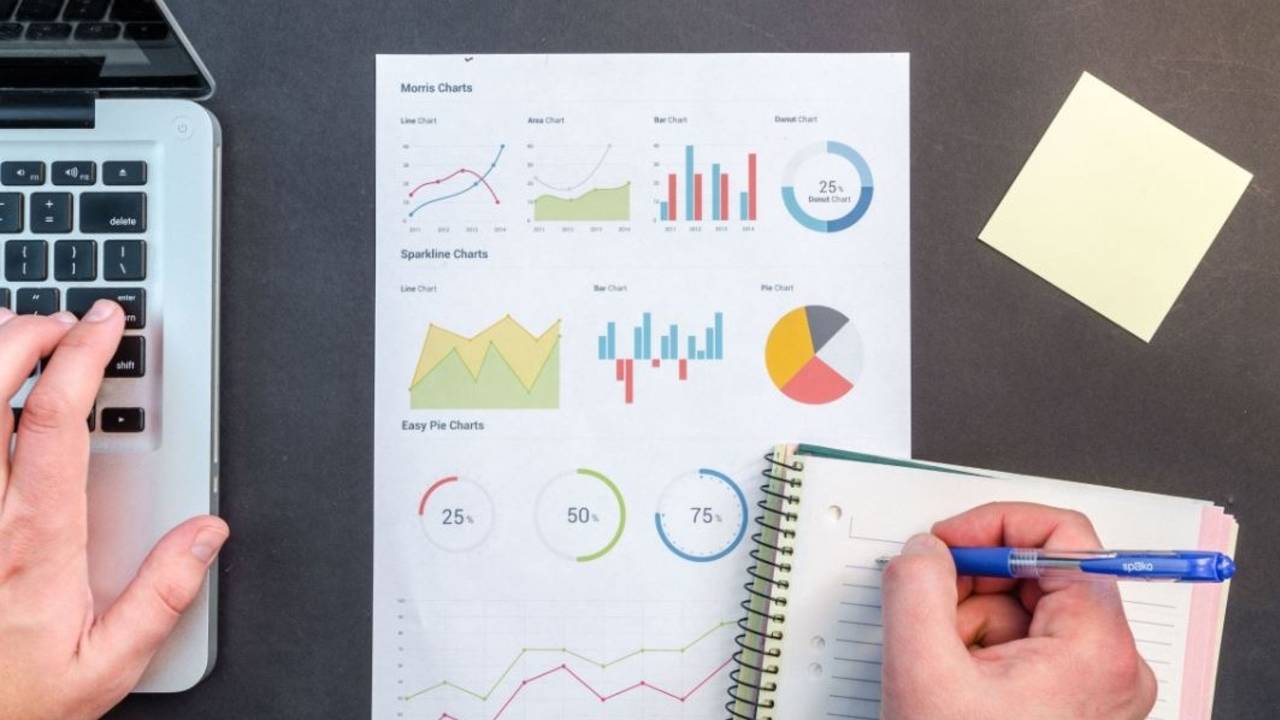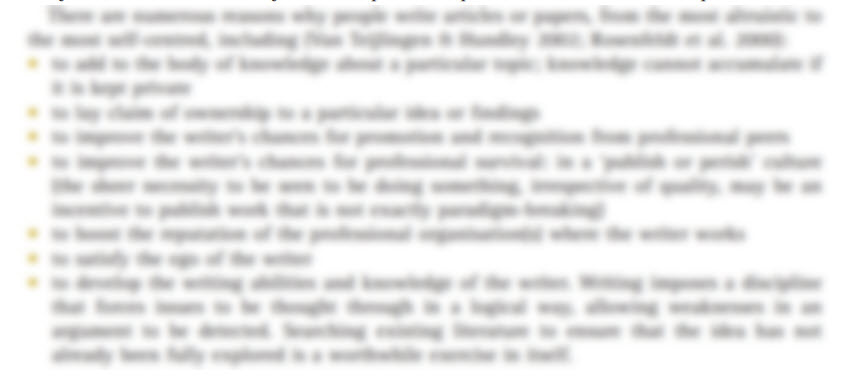A common claim espoused across social media is the idea that science must be perfect if we are to believe what is says. For example, when arguments are raised against vaccination, GMO and fluoridation of our water supply, science is criticised for not being perfect and that it should not be trusted. There is a clear assertion that scientists should not make mistakes, and when they do, that science itself is at fault.
What do scientists do?
Scientists solve problems, create new things, come up with new ideas, try things that don’t work and work at things that appear insurmountable. Scientists climb mountains to look at lava, swim with sharks to look at coral, dig ditches to uncover fossils, climb trees to study flowers, wear masks when mixing chemicals, stand all day measuring samples, or sit all day crunching numbers or staring at a computer screen. Scientists write, think, teach, create, destroy, argue, worry, mope and get excited. Scientists make new knowledge and dig through old knowledge for new answers or when working out new ways to do things. Scientists disagree with each other and criticise themselves and others and they try to do things better the next time around. They work with ideas, hypotheses and theories, and come to conclusions and make predictions. They are not always right nor do they expect to be.
Scientists are not always certain
What we know about science comes from new research and from old research that is looked at again and again. There are things that we are certain are true; there are things that we are reasonably confident are true; then there are things we expect are likely to be true, while understanding there may be important exceptions. Then there are things that we think may, or may not, be true, depending upon the circumstances. Then there are things we are not really sure of at all but have a vague hunch that something about them might be true. Then there are things where very little is known. We don’t know everything and never will. A great many scientific ideas and opinions may be unsubstantiated or simply wrong. Hypotheses either grow up to be theories or discarded and melt into the background of productive thought. Theories are tougher, last longer and are much harder to break, but still do.
Science is not perfect
Science is a process of looking for answers and working on the best way to find these answers. It is not perfect; it couldn’t possibly be as it is done by humans in an imperfect world. Science doesn’t always find the answers and is often inconclusive and indecisive. When looking at their results, scientists regularly find that their answers are inconsistent or contradict currently-held viewpoints. What we know to be true today may be completely wrong at some point in the future, but this is what science is about. Scientific knowledge will always be incomplete. As soon as we find answers to one problem, up springs 10 more questions that demand attention. The search for answers will always bring new questions and new ways of looking at the world. Science is self-improving and never-ending; science is a work in progress.
Scientists make mistakes
Scientists try things that sometimes don’t work, but the idea is to learn why something didn’t work and to improve the method next time. This is a normal part of science. What is rare is when a scientist deliberately makes stuff up to make themselves and their study look good, in order to preserve or improve their career. The Australian Code for the Responsible Conduct of Research “…advocates and describes best practice for both institutions and researchers…” and “…provides a valuable framework for handling breaches of the Code and research misconduct.”
Scientists can be afraid of making mistakes as the culture of science currently favours short, brand-new studies with exciting results over long-term, repetitive and boring studies that are still scientifically-important. The reports that say “we didn’t find anything” often don’t even get written, let alone published, allowing others to repeat the same ‘mistakes’ when trying to solve a problem. Similarly, I have met more than a few PhD students who spend a very long time worrying about their project ‘not working’ because it is common for studies not to produce the results you expect. It is difficult to do statistics on lots of zeros. Nevertheless the science behind why you didn’t find anything is as important as why you did find something.
The checks and balances of science
There are checks and balances that maintain and improve the quality of research but science itself is inherently rigorous; it has its own inherent checks and balances. The scientific record is research that is written and published so others can check that it was done properly, ideally other scientists then repeat or build upon the original study and try to do it better. The peer-review process means that other scientists get to verify that a study was done correctly. The published journal paper in bone-fide journals means that the science community gets to read and further judge whether a study is valid. If they don’t think a published study is good enough, they can write another paper to critique it. Those papers that make a big impact or make it into the higher quality journals get cited more often, meaning these papers are popular with other scientists and become more influential in their field.
Yet none of these checks and balances work perfectly. There are major criticisms of the peer-review system with many suggestions on how to improve the process. There are some papers that get rejected for publishing that shouldn’t have been, while there are papers that get accepted that shouldn’t and some of these get retracted, which means they are withdrawn from publication and are deleted from the journal (The top ten paper retractions for 2015 are listed here).
Scientists disagree with each other
There is a lot of trust in science. We trust that most studies produce accurate and reliable results but some studies are based on little evidence or were conducted with incomplete or even incorrect methodology. We hope that these studies will fail the peer-review stage, but they don’t always. Of those that do get published, if the scientific data is no
t strong, there can be differing opinions on the importance of that study’s conclusions. Nevertheless, below-standard published papers still create important and necessary debate. For example, the paper Neurobehavioral effects of developmental toxicity (Lancet Neurol. 2014; 13: 330–338) that looks at harm caused by fluoridation is critiqued by a paper published in response to this study Neurodevelopmental toxicity: still more questions than answers (Lancet Neurol. 2014; 13: 647 – 648).
Scientific disputes are normal and a necessary part of science. Providing the disagreement is between peers, disputes strengthen science. Disagreement forces researchers to look harder at their own ideas, beliefs and methodology.
There are many ways science can improve: for example, the peer-review process, the amount and extent of scientist training and mentorship, and the amount of funding for training and research. We also need to make is easier for scientists to do their work. The predominance of the publish or perish culture leaves little time for scientists to communicate widely or to do the boring but important work that might not get published in high-quality journals. The lack of funding, tenure and job vacancies means that many months of the year are devoted to preparing job and grant applications of which only a small fraction are successful.
Effective communication is essential
We need science to make decisions about all sorts of things and we usually do not have the time or money to study something 100 times for 100 years. Decisions often need to be made with limited information. Science is not a neat, perfect road map where the direction to home is clearly marked. It is more like the game of snakes and ladders, when sometimes you think you are making satisfactory progress, but something changes or goes wrong and the next step takes you straight back to the beginning.
Yet given the overwhelming advances in science, the drive to do it bigger and better continues. Scientists need the support and understanding of the community and the community needs reliable and digestible information about the impacts of science and technology.
© Dr Marina Hurley 2019 www.writingclearscience.com.au
Any suggestions or comments please email info@writingclearscience.com.au
FURTHER READING
- Should we use active or passive voice?
- 10 writing tips for the struggling ESL science writer
- Co-authors should define their roles and responsibilities before they start writing
- How to write when you don’t feel like it
- When to cite and when not to
- Back to basics: science knowledge is gained while information is produced
- How to build and maintain confidence as a writer
- If science was perfect, it wouldn’t be science
- What is science writing?
- 8 steps to writing your first draft
- Two ways to be an inefficient writer
- Work-procrastination: important stuff that keeps us from writing
Find out more about our new online course...
Now includes feedback on your writing Learn more...
SUBSCRIBE to the Writing Clear Science Newsletter
to keep informed about our latest blogs, webinars and writing courses.

